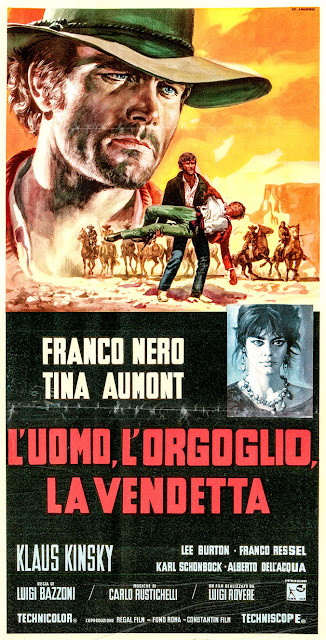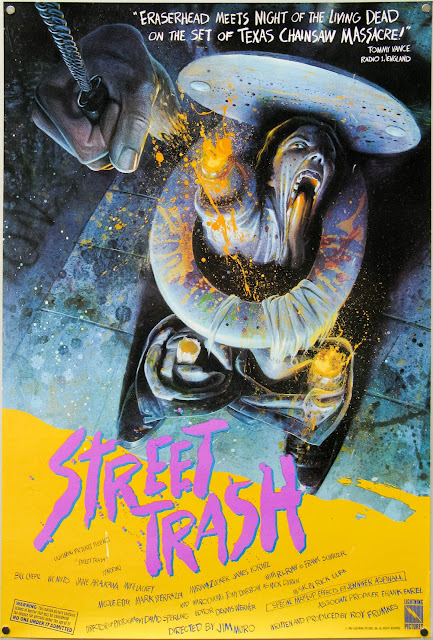Hot Fuzz (2007) ****1/2

I'm not exactly sure but I think I watched about 80% of Hot Fuzz (2007) with my friends/neighbors on New Year's Eve. It's still one of my Top 100 Films , but it's amazing how even 10-11 years can make a huge difference when it comes to CGI. Not that there's a lot of CGI in HF but some of the gore gags and other f/x stood out to me as looking pretty fake this go around. The film itself still rules—the editing and the cast are brilliant, and the jokes still land incredibly well. I just felt it deserved a 1/2 * lower rating from the perfect score I've always given it. I have other little nitpicks, but Fuzz is still off the fuckin' chain, as far as I'm concerned.


























